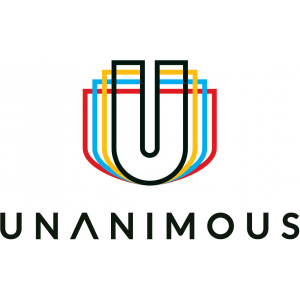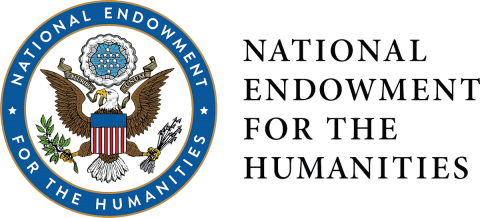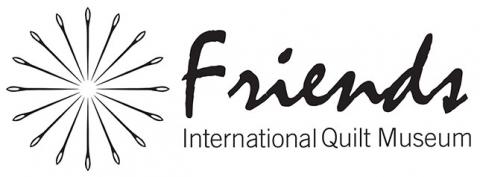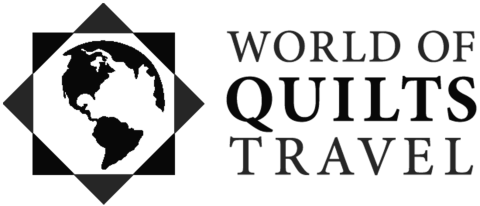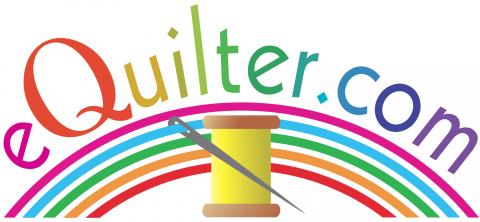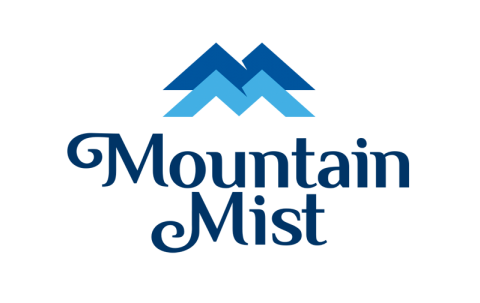Note: At this time, the International Quilt Museum is not offering domestic or international fellowships for the coming academic year.
Application
1. Prepare an application essay of no more than 1,500 words that opens with a concise overview of the project and then addresses the following questions.
- What ideas, questions or problems guide your project? If this is a new area of research, explain its significance.
- What is distinctive about your project? How does it complement, expand, or challenge prior study in the field? Please be specific about prior scholarship that informs your work.
- Where will the study be conducted and what research materials will be used? Provide a brief work plan. Clarify the part or stage of the project that will be supported by the fellowship.
- If you are applying for a residential fellowship:
- What work do you plan to undertake at the International Quilt Museum?
- Why is a residence fellowship at the International Quilt Museum necessary for successful completion of your project? Provide a brief listing of the objects or resources from the museum collection that you plan to use.
- If your project requires travel and fieldwork, include a budget outlining expected expenses and a budget narrative explaining or justifying the proposed expenses. (For residential research fellowships, round-trip airfare and hotel for two weeks will be provided. No budget is needed.)
- Describe what will the final product be - an essay for a gallery guide or an exhibition catalog, a manuscript, creative work, other.
2. Provide a copy of your current vitae.
3. Email the completed application on or before March 31 to:
Leslie Levy ([email protected]) Ardis and Robert James Executive Director of Quilt House, International Quilt Museum University of Nebraska-Lincoln 1523 N. 33rd St. Lincoln, Nebraska 68583-0838
Selection Criteria
Proposals will be evaluated on the basis of overall quality and feasibility of the project; qualifications of scholar; creativity; likely impact, including the project's potential contribution to knowledge and practice. The project's compatibility with the Museum's collections, facilities staff and programs will also be considered.
Selection Process
A Selection Committee composed of Fellows of the International Quilt Museum will review the proposals, rank them, and make their recommendations. Applicants will be notified of the decision by May 15th of the prior academic year. In some cases, no fellowship will be selected during a calendar year.
Previous recipients of an International Quilt Study Center Research Fellowship include: Linda Baumgarten, Janet Berlo, Janice Frisch, Beverly Gordon, Virginia Gunn, Laurel Horton, Mary Anne Jordan, Bridget Long, Susan Marks, Lynn Setterington, Amanda Sikarskie, Janneken Smucker, Linda Welters,


